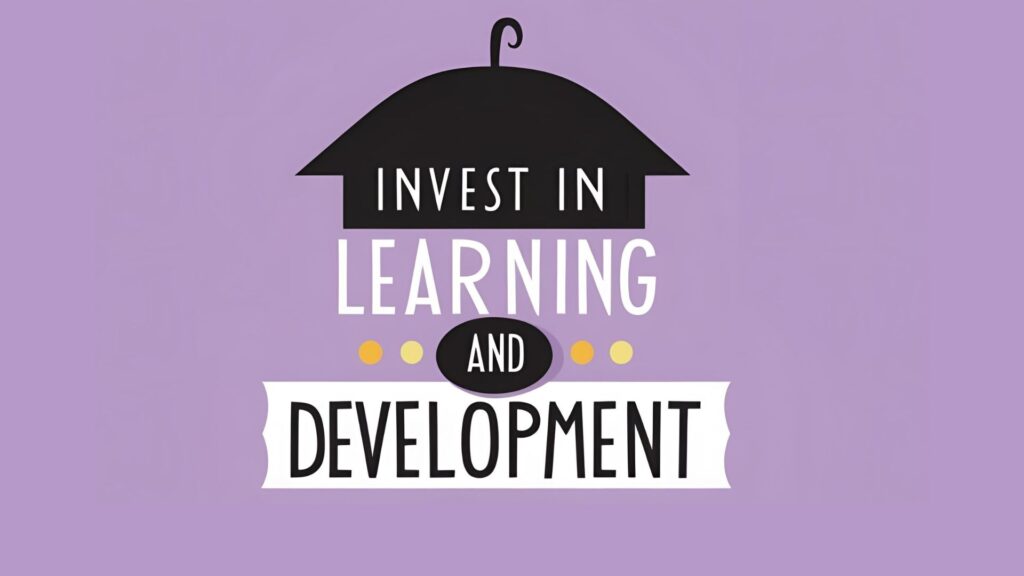When it comes to building a strong foundation for your business, HR management success is essential for ensuring sustainable growth and a positive company culture.
As a small business owner, you know that startups face unique challenges when it comes to managing people, especially with limited resources and tight deadlines.
But here’s the good news: with the right HR practices in place, even the leanest startup can create a solid HR system.
This will help you attract top talent, boost productivity, and set your business up for long-term success. Think of HR as the engine that keeps your team running smoothly—investing in it now pays off big time down the road!
Why HR Management Success Matters for Startups?
Startups are high-pressure environments where every choice has the potential to strongly influence the future of the company. Though content creation and acquiring customers tend to dominate the limelight, neglecting HR may cause long-term harm, high turnover, out-of-sync teams, and regulatory troubles.
Strategic HR from day one guarantees that:
- Staff are aligned with company objectives
- Job responsibilities are well-defined
- Orientation and training are standard
- Legal compliance is ensured
Startups that make early investments in HR infrastructure are better placed to scale successfully and avoid people-related mistakes.
1. Establish a Solid HR Foundation Early
Prior to aggressively hiring, it’s crucial to set the foundation for your HR procedures. These are:
- Company values and culture definition
Culture determines behavior, impacts decision-making, and defines your brand. Intentionally decide the type of workplace you wish to create.
- Establishing standardized job profiles and role frameworks
Clear responsibilities minimize confusion and maximize accountability.
- Formulating an employee handbook
Write down company policies, benefits, leave policy, and behaviour expectations to ensure consistency as your team expands.
2. Master ChatGPT for HR Tasks
Instead of developing your own tools or systems, contemporary startups are able to leverage HR service management technologies that already exist. But the ability to properly use them is daunting to founders or small business managers.

That’s where Young HR Manager proves to be useful. It provides training on using AI tools such as Chatgpt to automate day-to-day HR tasks. With proper guidance, you can:
- Create offer letters, onboarding documents, and job descriptions in mins.
- Automate employee communication and feedback through Chatgpt prompts
- Learn how to embed AI in your HR processes to save the most time
Rather than wasting hours trying to do it yourself, a structured approach can help you achieve HR management tasks sooner and with confidence.
3. Prioritize Clear Communication and Feedback Loops
Many startup employees multitask, and this can result in role ambiguity and miscommunication. To overcome this, establish a feedback-positive culture:
- Hold regular one-on-ones between managers and staff.
- Use tools like Slack or Trello to enhance team collaboration.
- Encourage upward feedback and provide structured performance reviews.
Open and honest communication fosters trust, reduces friction, and helps teams adapt to changing goals.
4. Focus on Scalable Processes
Scalability should be at the heart of your HR strategy. Even if your team has fewer than 10 people today, your HR system should be designed to support 100 or more.
To make this happen:
- Invest in cloud-based HR platforms that scale with your business.
- Create reusable templates for offer letters, onboarding checklists, and exit interviews.
- Employ digital record-keeping for employee files and contracts to prevent manual tracking.
When your processes are scalable, you can onboard and manage new hires effectively, regardless of how quickly you grow.
5. Invest in Learning and Development

Startups attract ambitious people who are willing to learn and develop. Investing in their growth enhances engagement and retention.
- Develop personalized learning plans for employees.
- Provide access to courses, certifications, or mentorship programs
- Perform periodic skill gap analysis to map training to business requirements
Your initial recruits can become future managers—get them ready today to manage tomorrow.
6. Ensure Compliance and Risk Management
HR compliance is not optional—and neither is it for startups. Violation of labor laws, the tax code, or workplace safety guidelines can result in a penalty and a loss.
Best practices are:
- Keeping oneself familiar with local employment legislations and minimum wage guidelines
- Keeping proper employee records ready for auditing and reporting purposes
- Seeking advice from legal or HR professionals while drafting agreements or policies
If you don’t have internal expertise, outsource some of the HR service management functions, such as payroll or benefits administration, to experts.
7. Acknowledge and Reward Your People
Employees desire to be appreciated for their work. Appreciation does not always equate to cash—small actions such as mention in a team meeting or personal thank-you notes make a huge difference.
You can also:
- Establish monthly or quarterly reward programs
- Foster peer-to-peer recognition to create team cohesion
- Provide flexible benefits like working from home, training allowances, or mental wellness days
An appreciation culture is a key factor in HR management because it ensures the workers stay focused and committed.
Conclusion
Building HR management success within a startup isn’t a matter of having a large team or state-of-the-art HR systems—it is about being thoughtful, flexible, and people-oriented.
With strategic foresight and guidance provided from our newsletters, startups can discover a way to leverage effective AI tools like Chatgpt, to save time, reduce HR complications, and build scalable procedures.
Whether you’re establishing your initial HR function or optimizing your existing system, proper guidance is everything. Begin wisely, remain people-centric, and your startup will be set for long-term success.
